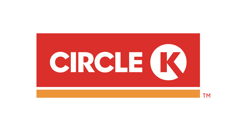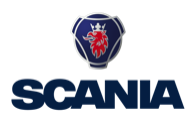E-Charge
Electrifying heavy long-haul truck transport.

E-Charge gathers 14 actors that in collaboration develop, test and demonstrate battery electric long-haul truck transports. The tests will be carried out on real logistic flows in Sweden and will be adapted to the drivers’ driving and resting times, where they can drive for 4.5 hours, rest and charge for 45 minutes and then drive for another 4.5 hours.
Scalable system solutions are developed in cooperation, with the power to accelerate the development towards more sustainable transports.
In the transition to a sustainable society, the transport sector's contribution is extremely important. One part of this is to stop using fossil-fuel driven vehicles. Instead, running our vehicles on electricity has been identified as a good alternative and our cars are already being electrified. On the freight side, there are several initiatives and actors who already today use electric vehicles for shorter transports within the cities. However, electrification of long-hauls entails several major challenges, which E-Charge is now working to solve.
E-Charge aims to research and test key challenges for our long-haul transports to be operated with battery-electric vehicles. The project partners represent vehicle manufacturers, academia, logistics actors, electricity network companies, power supply companies and service station companies. The composition of partners makes it possible to take a comprehensive approach on all the necessary aspects that need to be explored.
Tests on real logistics flows
Within the project, tests will be performed on commercial logistics flows in Sweden. The preparations are carried out by the project partners and the goal is to have megawatt charging stations ready during 2024 and to put vehicles into operation following the installations.
An important part for the project to be successful is to be able to charge the vehicles' batteries in harmony with current driving and rest time regulations. The regulations makes it suitable for the project to plan for a schedule where the trucks are driven for a maximum of 4.5 hours, before the driver has to take a break for at least 45 minutes. This requires the development of a charging infrastructure that can charge the trucks during breaks and vehicles that are able receive this charge. In order for it to work, high-power charging is being developed, using Megawatt Charging System (MCS).
The technology is developed by Volvo, Scania and ABB and will be placed at public charging stations at Circle K and OKQ8. But more common chargers will also be used in terminals, where goods are loaded and unloaded. DB Schenker, ICA and Tommy Nordbergh are the logistics players who will operate the vehicles in their respective logistic flows during the system demonstration.
Research – a large part of the project
The goal is to perform research in virtually all areas linked to the project's challenges; from the vehicles' energy consumption, via dimensioning of chargers, charging stations and impact on the power grid, to how the logistics system, is affected. An important part is to develop models to describe and simulate the system and to study the possible effects of a scale-up.
The cost-effectiveness of the system must also be studied, as well as what policy and regulatory changes that are necessary or desirable to enable a transition and/or upscaling.
The academic research is carried out by the SEC, Swedish Electromobility Center, through Chalmers, Linköping University, Lund University and Uppsala University. Vattenfall contributes with knowledge of electricity networks and as an energy company.
The project is in line with the EU's goal of reducing carbon dioxide emissions from heavy, long-haul transport and it also adapts to the developments within the European TEN-T network.
Films about E-Charge
Partners
The project recieves funding from
Project period
2021-2025
Project goals
The project runs between December 2021 and June 2025 and when the project is completed, E-Charge will have:
- Developed vehicles that can drive for 4.5 h - charge for 45 min - drive for 4.5 h
- Contributed to a first edition of the Megawatt Charging System (MCS)
- Established and operated a system demonstrator where vehicles are driven in real logistics flows and charged with MCS chargers with possible support from local energy storage
- Gathered and built knowledge about the complete logistics system, business case, opportunities and risks
- Prepared for a large-scale system demonstration with significantly more logistics flows and necessary charging infrastructure
Contact
Projektledare
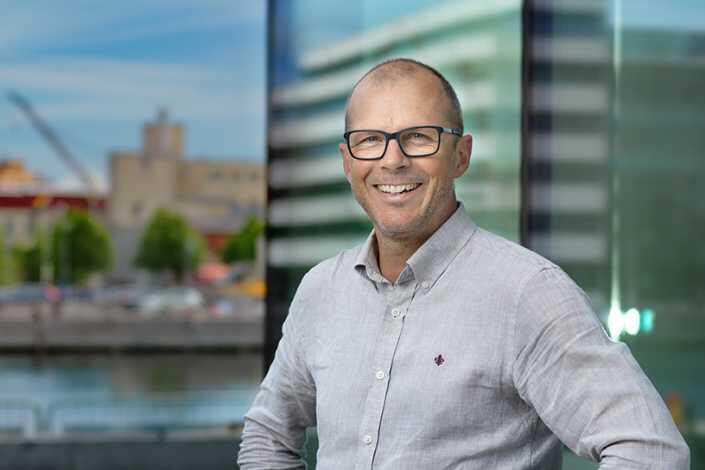
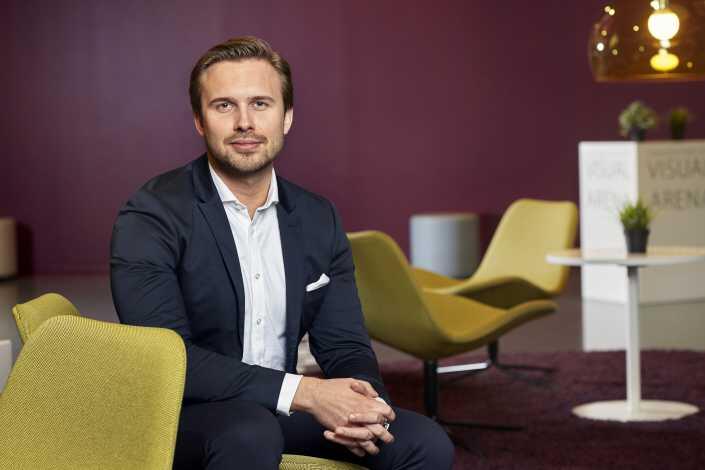
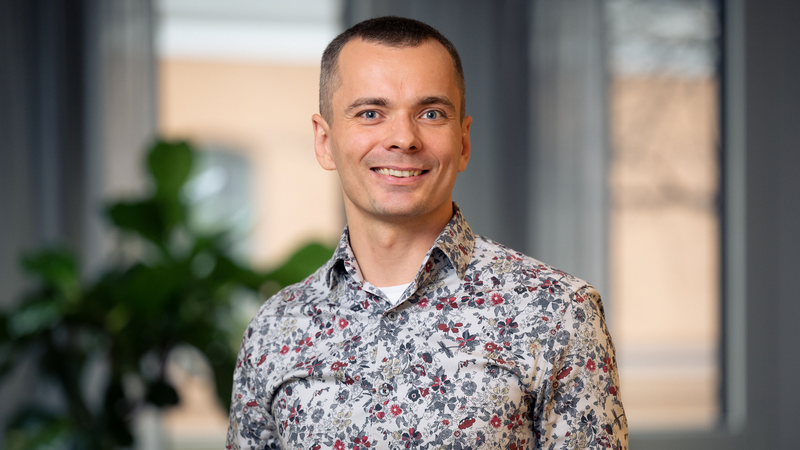
Kommunikation




